Lockdown: a local bakery in Valencia amid coronavirus

Once bustling with joyful crowds and boasting busy cafes, Valencia has been quiet for the past month. Restaurants, big and small, bars and shops are closed indefinitely. The counters of Panadería Pepita, a bakery with a 30-year-history, haven’t seen freshly baked goods since March, 17 – the day its owner, Maria Jose, hung the "Closed" sign on the door. RTD talked to the mother of two about how her business is surviving the coronavirus lockdown, and what is going to happen once the quarantine lifts.
Today Spain has the highest number of COVID-19 cases in the European Union. Since March 15, the government implemented a lockdown to prevent the spread of the disease. The authorities stopped sports clubs, recreation venues and institutions, restaurants and cafes. In 2018, small and medium-sized businesses comprised 99.8% of all enterprises, providing jobs for 65.9% of the workforce. Tragically, now they are the ones taking the heat and are likely to face grim consequences once the pandemic subsides. Although businesses providing essential goods are officially allowed to operate under quarantine, many have waived that right – like Maria Jose. The reason is that Jose and her employees are at high risk due to her age and health issues.
What does a typical day at the bakery look like?
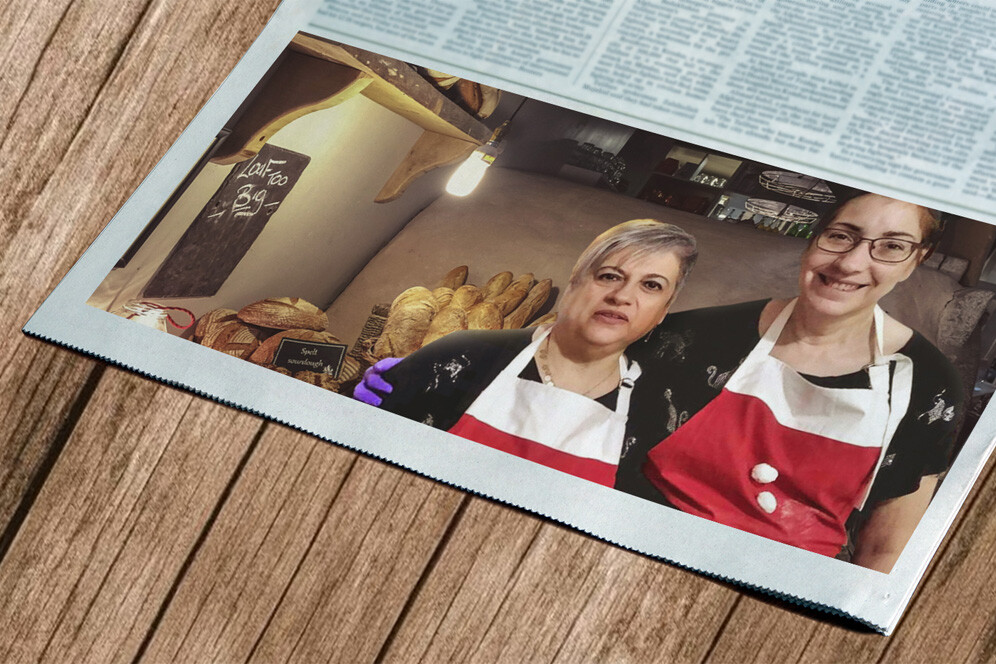
We sell baked goods – cakes, bread, croissants, and a variety of pies. We’ve been on the market for 30 years – it’s a rather long time. I am the owner, Maria del Carmen and Maria Dolores are my employees – that makes three of us.
Traditionally, bread and cakes make top sales, and, of course, there’s empanadillas, traditional Spanish pies with meat or tuna filling, are a hit, too. Morning is the busiest time. We work non-stop from the moment people are off to work till 3 p.m., our closing time. We start each day stocking up the shelves with bread and cakes before people start coming in. We serve about 190-200 customers per day. We’ve got a lot of regulars. However, there are almost no tourists in that area.
What’s your business’ approximate income?
We get more in some months, and less in others, but I can tell for sure that we always break even. For instance, we did very well last March, right until the pandemic outbreak. Now we exist out of pocket – the business stopped, everything’s closed. I am on an unpaid vacation because I am in a high-risk group. Legally, we are allowed to work, but it’s a great health threat to me and my girls.
Do you have any other source of income?
My business is our only source of income. Also, my husband is retired. So, we live off my bakery and his pension.
What distributors do you usually work with?
Usually, distributors we work with produce bread and pastry, soda drinks, and bottled water. Some of them haven’t stopped working – they have a broad client base. Not too many left now, though – since bars and cafes are closed.
Have you ever had to close the shop for such a long time before?
The only time close to our current situation was the fire of 2016. It was the first week of September, and we were working in the evening, as always. Suddenly, the lights went out, and it began to smell like burned wires. With no electricity, the lock on the front door engaged, and one of my girls could not get out. The power got back on for a few seconds, so she managed to get the door open and leave. Then the sparks flashed in the kitchen – it sounded like firecrackers. The walls and the ceiling smelled like burning; the whole kitchen was full of smoke. Then the fire started. We called the firefighters. In the next few minutes, the fire got out of control and, in a split second, the whole place was on fire. The help arrived quickly, but still, nothing could be saved. We couldn’t work and therefore make any money for two long months. The repairs were only finished in November. Only then, step by step, we got back on our feet.
When did the pandemic outbreak hit Valencia?
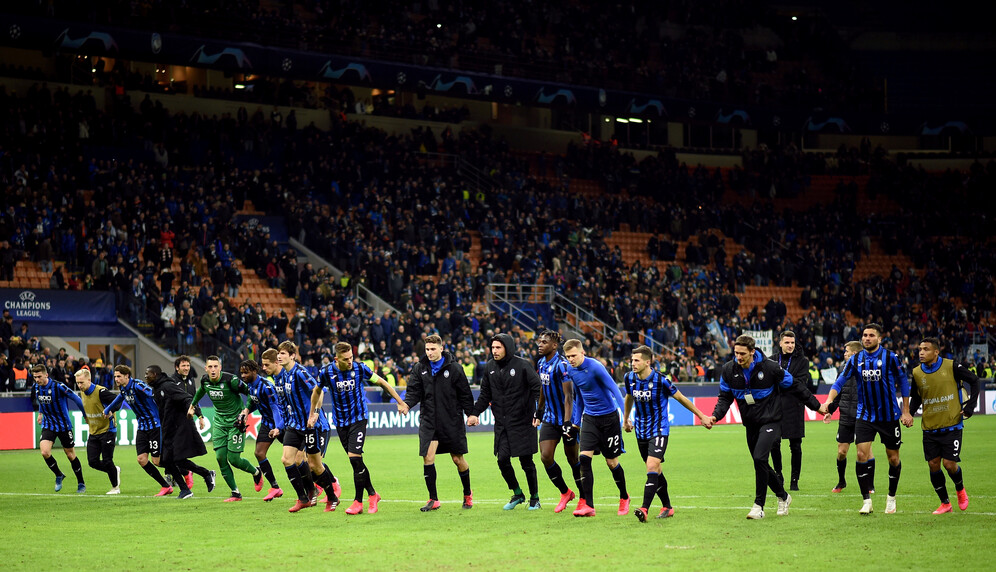
February. The virus emerged, and more and more people were getting infected. The situation spiralled out of control during the now infamous football match between our club Valencia and Italy’s Atalanta at Inter Milan’s San Siro stadium on February 20. The game gathered over 44,000 supporters and fans, who eventually spread the disease across Europe and Spain in particular. The Italians returned the visit on March 11, and though this time the teams played behind closed doors – with no press or fans allowed – still, friends and relatives moved freely around the city and could be potential carriers of the virus as well. The number of cases surged after these games. Luckily for us – as far as I know – none of our clients or my employees got infected. At least not before we closed.
How did the business sector react?
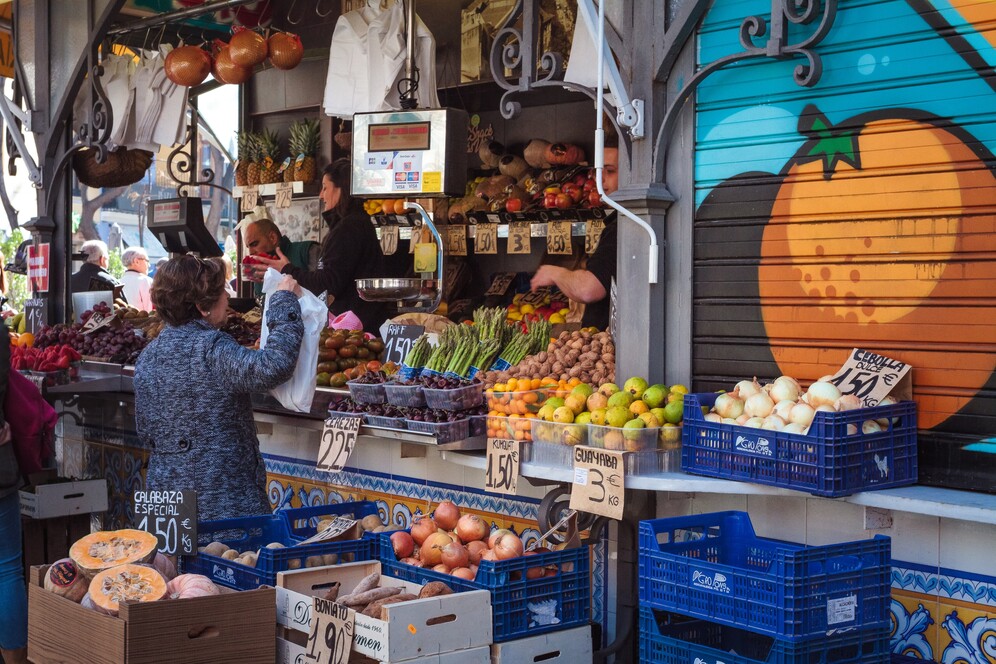
I am on vacation since March 17 – two days after the quarantine was imposed – and we haven’t worked a day since then. However, I cannot fire workers due to the pandemic. Even six months after the pandemic ends, I still won’t be able to do that. I paid the salaries for the first 15 days of the quarantine, as well as all the social welfare – pension and health taxes, that’s 28.3% off the monthly income. If I run out of funds, the government will grant me a loan as support, but that’s it. I don’t know what it might cover – the amount depends on the situation, and I’ve never taken such loans before. Taxes are not entirely cancelled. We only get a maximum delay of six months to pay them off; they would also let us break the payment down as an alternative. But one way or another, my March social insurance has to be paid in full. Some legislation for social insurance delay is being discussed, but, to be honest, it is probably not going to be implemented. The situation is challenging, both economically and healthcare-wise.
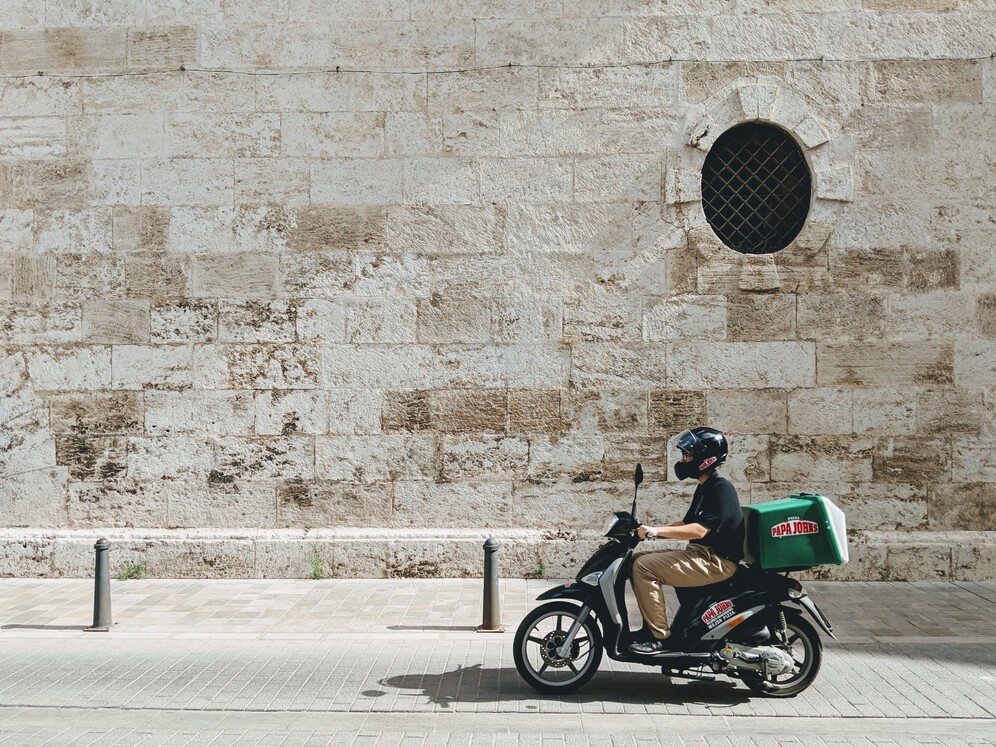
The Institute of the Official Crediting (ICO) is a bank under the Ministry of Economy, which offers credit lines via other banks. The Bank of Spain tightly controls the distribution of these funds. These credit lines aim to help mostly small and medium-sized enterprises and self-employed people to pay their taxes and fulfil other business-related needs. Small and medium enterprises with an income reduced by over 75% due to the COVID-19 crisis are also entitled to the so-called self-unemployed payment. The size of the payment is calculated based on the average income over the past six months.
People in Spain usually spend a lot of time outside. How much did their life change after the coronavirus outbreak?
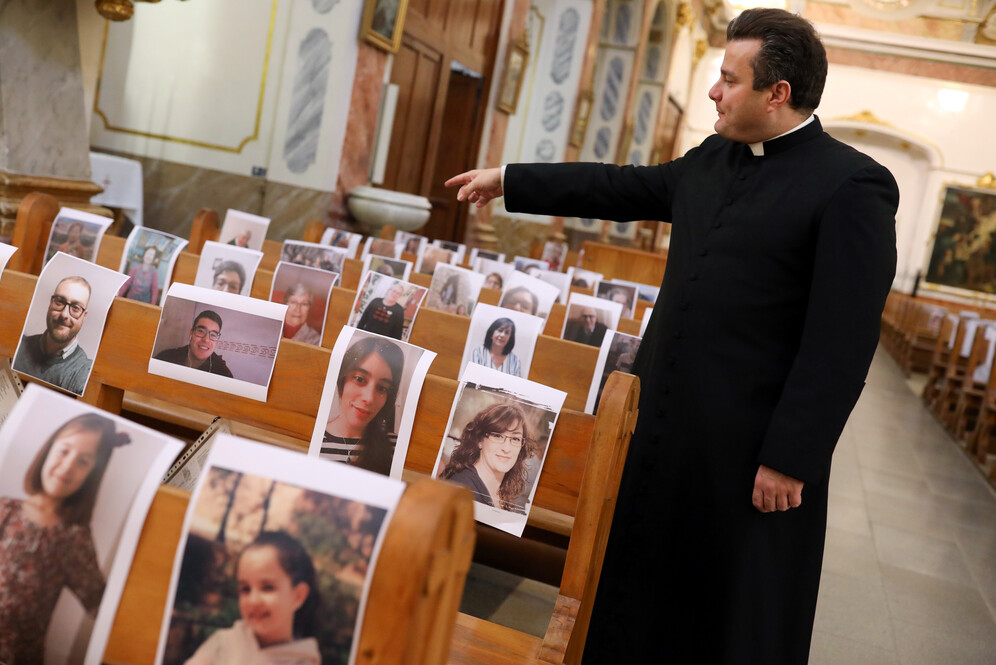
Before the government introduced the quarantine and closed all public places – nothing special was done in particular. No one wore masks or tried to protect themselves otherwise. Today the situation is improving– the daily ratings of the healed are higher than the infected numbers. But it’s still tough; the hospitals are still overcrowded. Yet, if you compare us with the rest of Spain, Valencia’s doing fine.
Today, people comply with the quarantine, yes, at least my customers do. They don’t go outside, keep their distance shopping. No one caused any disturbance; people take things very seriously. Bars and cafes are closed. Only basic goods and services are available: bakeries, supermarkets, drug stores, and such.
Everyone had to get used to staying at home, locked up. We don’t go outside except for grocery shopping and drug stores. Only essential staff go to work. Moreover, we have to obtain a special pass for going to work or a doctor’s appointment. We show it to the police if they stop you. Otherwise, they will just bring you back home.
Is it true many traditional festivities were cancelled?
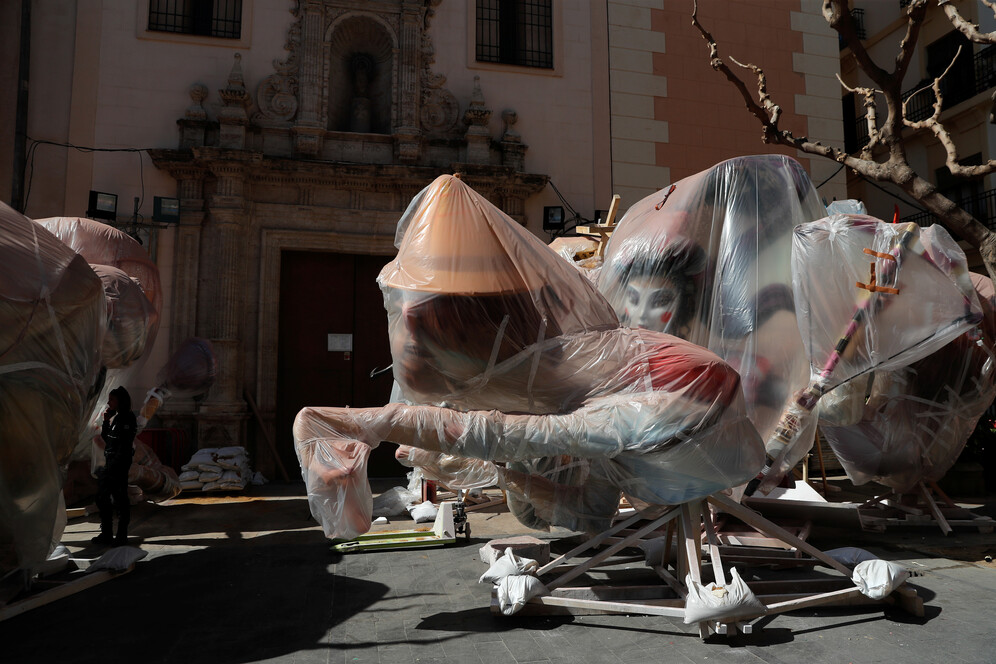
All festivities were cancelled – Easter, Holy Week. Las Fallas – Valencia’s landmark holiday celebrating spring with fireworks and ritual burning of huge papier-mâché dolls – was initially postponed till July. Whether it is going to happen or not, it now depends on the health situation in the city.
Do you plan to re-open the bakery after the pandemic is over?
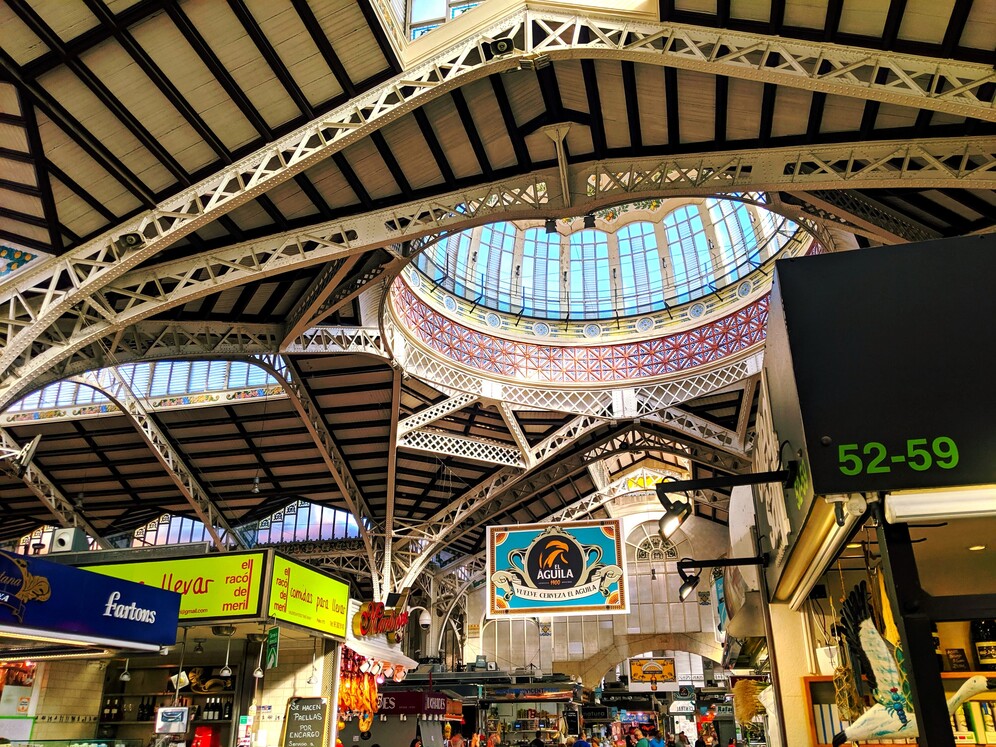
Actually, I’m going to retire in June as well. I think I could’ve held on for the next two months and closed the shop afterwards. But the truth is, I don’t know if we’re going to make it if we do carry on after the crisis. Maybe, over this time, our clients have already found other bakeries and won’t be willing to switch back. That, I am not sure of, either.
What is it that you miss the most?
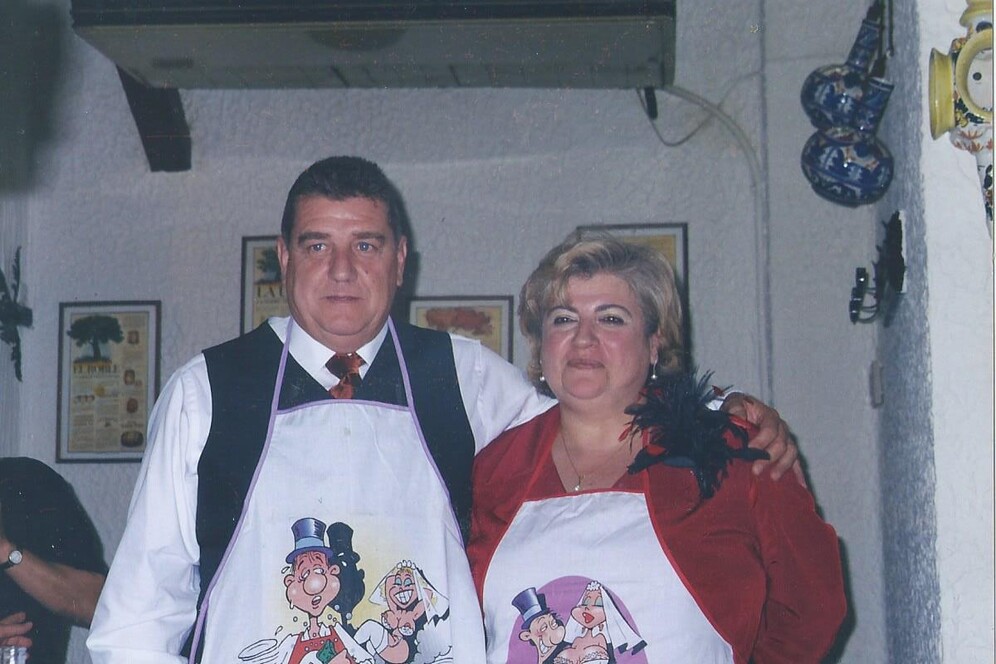
I miss being with my family. I can’t visit my children – they have little ones of their own – and we just can’t be around each other now. Family is everything for me. We, the Spanish, love to be outside, to get together with our families, to feel like part of a community, which is the exact opposite of what we have now.